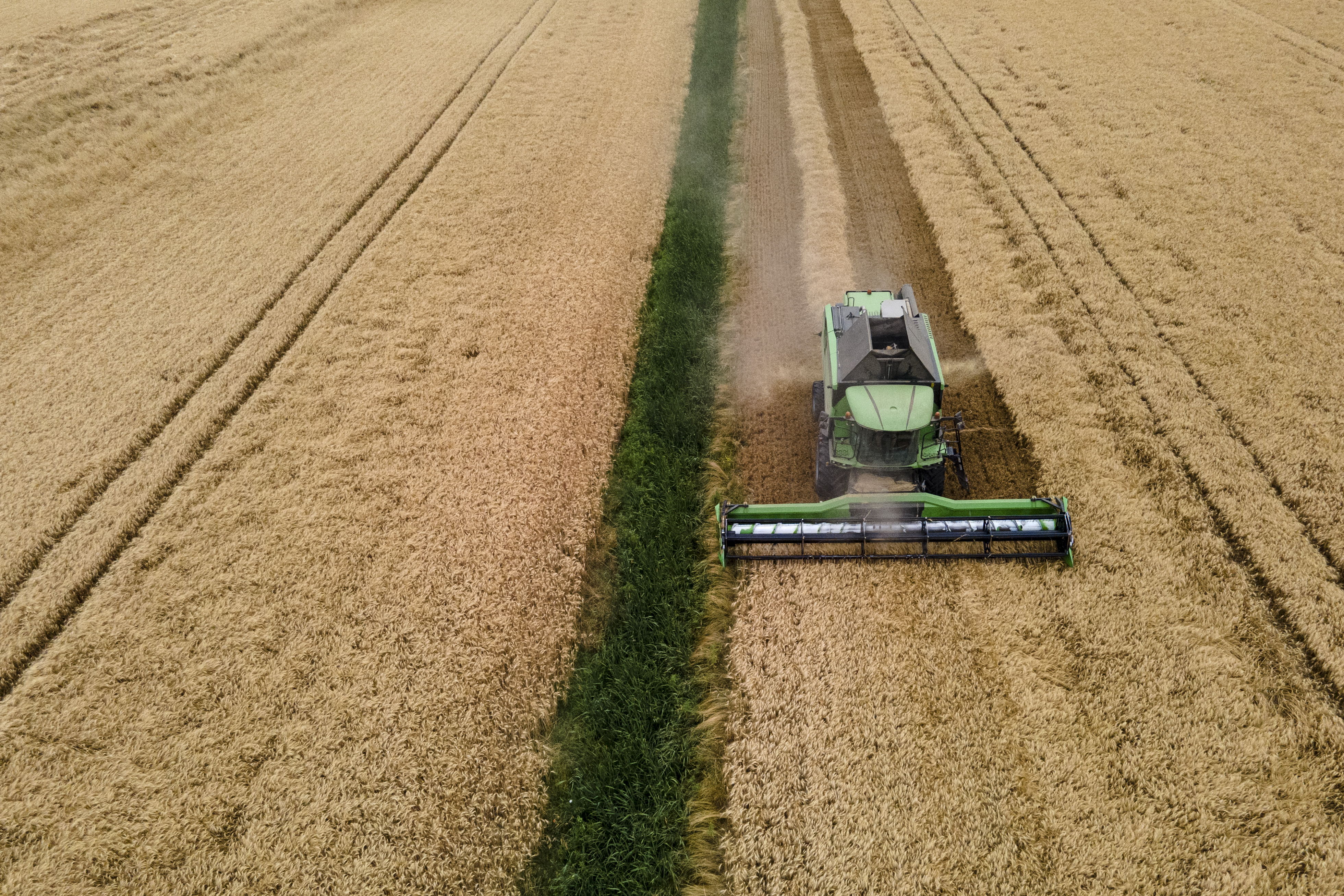European Parliament approves looser authorisation of NGT crops

The European Parliament agreed on Wednesday in Strasbourg to relax procedures for approving crops bred using new genomic techniques (NGTs).
Bananas and apples that brown less quickly, maize and soya plants that produce their own insecticide, low-gluten wheat, and so on: in recent decades, new techniques have been developed to modify the genetic material of crops without introducing a foreign gene, unlike standard transgenic genetically modified organisms (GMOs).
The European Commission believes these NGTs can contribute to crops that are more resistant to pests and climatic changes, with less use of fertilisers and pesticides. It proposed last year to exempt NGT crops from the strict authorisation procedures for transgenic GMOs. MEPs are now following the Commission's line.
However, like the Commission, the Parliament divides NGT crops into two categories, one of which will still be subject to stricter procedures.
The first category includes crops that can be assimilated to traditional crops, provided the number of mutations is limited. These crops should be easy to market, provided they are labelled and registered in a public database. The second category concerns crops with more complex genetic modifications. These will still be subject to the strict authorisation procedures that apply to GMOs. In organic production, the use of NGTs remains banned, as further research is needed to determine their suitability.
Member states divided
The new regulation still has to be negotiated with the member states, which are divided over the new techniques. After the Commission backed more relaxed rules for NGTs last summer, environmental groups said they feared a "deregulation" of Europe's strict legislation on GMOs.
However, the European Food Safety Authority concluded in its scientific opinion that there are no new risks and that the authorisation procedures strictly distinguish between the two categories.
© PHOTO LIONEL BONAVENTURE / AFP
Related news
